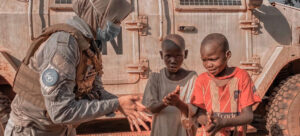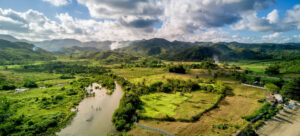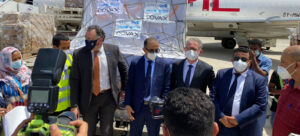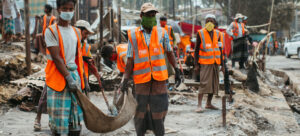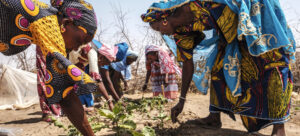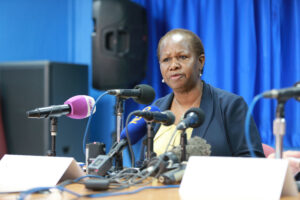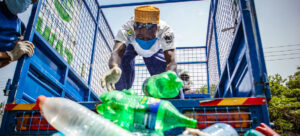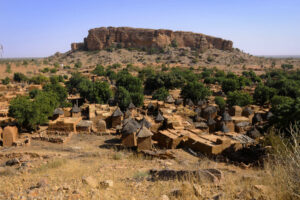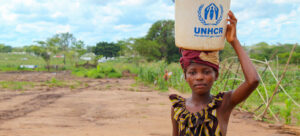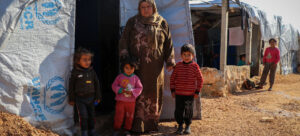Tensions have been high in CAR since before Presidential elections were held on 27 December 2020, and widespread volatility remains, amid attacks by a coalition of armed groups.
“This blurring of the lines between civil, military and peacekeeping operations during the hostilities creates confusion about the legitimate targets and increases the risks for widespread human rights and humanitarian law abuses”, said the UN-appointed independent experts, including the UN Working Group on mercenaries.
Their alert focuses on “the interconnected roles” of Sewa Security Services, Russian-owned Lobaye Invest SARLU, and a Russian-based organisation known as the Wagner Group.
‘Close working relationship’
The experts said that they were disturbed to learn of the close working relationship between contractors and the United Nations peacekeeping mission in CAR, MINUSCA.
In particular, they expressed concerns about contractors’ connections to a series of violent attacks since the nationwide poll.
They said that they had received, “and continue to receive, reports of grave human rights abuses and violations of international humanitarian law, attributable to the private military personnel operating jointly with CAR’s armed forces (FACA) and in some instances UN peacekeepers”.
Among the violations are reports of mass summary executions, arbitrary detentions, torture during interrogations, forced disappearances, forced displacement of the civilian population, indiscriminate targeting of civilian facilities, violations of the right to health, and increasing attacks on humanitarian actors.
They pointed to the presence of “Russian advisers” at MINUSCA bases, as well as medical evacuations of wounded “Russian trainers” to the UN mission’s bases.
Call for accountability
In a call to the Government and their “international partners” to comply with their obligations under international law, the experts urged them to hold accountable all perpetrators of grave violations and abuses of human rights.
“Unacceptably, there seem to be no investigations and no accountability for these abuses,” the experts said. “The close connections between the various actors, along with the lack of transparency, further jeopardises chances of any impartial investigation and ensuring accountability for those abuses and violations.”
Greater clarity on the roles of these “international partners” and accountability is needed to achieve sustainable peace and stability in Central African Republic, they maintained.
